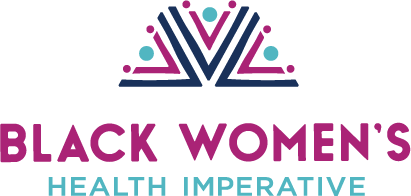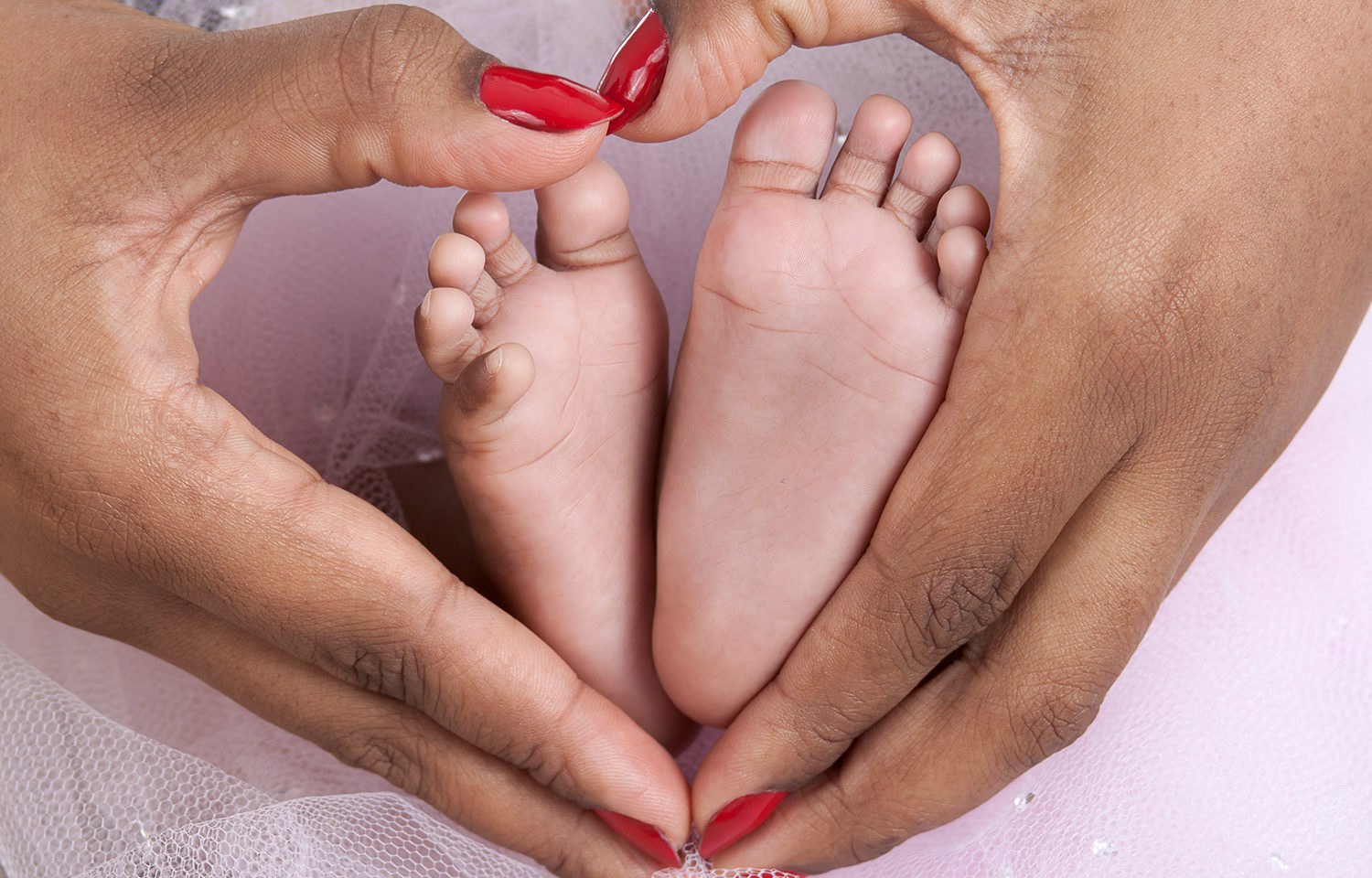“Give it to God,” a phrase that many of us in the Black community hear when things aren’t going the way we expect them to. And to me, this is what being Black while suffering from mental illness sounds like.
Statistics show that up to 20 percent of women develop a perinatal mental health illness, such as depression, anxiety, obsessive-compulsive disorder or psychosis, either during pregnancy or in the year after giving birth. For Black women, the risk is almost twice that. However, few Black women get the necessary help to treat it. Researchers aren’t entirely clear on the reasons, but one obstacle to treatment is stigma around mental health issues within the Black community.
I am one of those Black women who was diagnosed with postpartum depression and was pretty convinced that I was the only Black woman to experience it. You see, having a mental illness in the Black community is one of the biggest kept secrets. Why?
Stigma.
Here I am, second child in and unable to cope with life. There was extreme sadness, isolation, and thoughts that would make me question my existence. Suffering in silence because “what happens in this house MUST stay in this house.” That phrase was one of the foundational cornerstones of my childhood. And so, I grew up believing it. I suffered for nearly two years without proper treatment. My treatment consisted of what my friends considered my part-time job, and that was visiting the bar. During this time, as a disabled veteran, I reached out to the U.S. Department of Veteran Affairs for help, (unsuccessful, multiple times) and only consisted of being prescribed a medication with no follow up.
I loathed the effects of the medication and the alcohol made me feel better. It made me numb so that I was now able to cope life. However, one day I woke up and decided that enough was enough. I needed to feel better. The reality is, during that time of depression, my children suffered. I wasn’t there for them, and I needed to be. So, I PUSHED for someone to listen to me and give me the appropriate treatment.
But why did I stay quiet for so long? The stigma was unbearable. Who wants everyone to think that they aren’t a good parent? Who wants their Black peers to know that they are the weakling in the bunch? How are we raised to be these strong Black women, but still can’t get our lives together? Who wants to tell their faith community that now you are questioning your relationship with God because you have been praying nonstop and NOTHING has changed for you? No one. The answer is no one. I didn’t want to explain myself to anyone.
In 2014, 7 years after having my second child, I began telling my story. Yes, it took me 7 years. Telling my story on social media and having individuals private message me about their personal experiences. It made me realize that there are many women dealing with the same symptoms without the adequate support or resources. I knew there was work that needed to be done, and I was going to do it. I began volunteering with the international organization, Postpartum Support International and realized that there were very little resources in the Houston, Texas area that support women and their mental health. Acknowledging the lack of resources was the beginning of A Mother’s Sanctuary.
A Mother’s Sanctuary is a small non-profit based in Houston, whose mission is to provide a safe environment for women who are suffering from maternal mental health illness. We promote awareness, prevention, and treatment of mental health issues related to pregnancy not only to the mothers, but to the family members and friends as well. Because most insurance companies do not cover perinatal and postpartum mental health care, it is our intent to continue to provide these services free of charge. We want no family to believe that they are suffering alone, because they aren’t. There is a huge community of people out here waiting to support and embrace them.
I will leave you with Postpartum Support International’s Mantra; You are not alone. You are not to blame. With help, you will be well.
Read our policy paper on maternal mental health and women of color written by Former BWHI Health Policy Director, Dr. Christy M. Gamble.
You can also review the new paper on Holistic Care for Black women from our partner Black Mamas Matter Alliance.
Here is a link to the live event at Center for American Progress on maternal mental health and women of color which featured LaShonta Edwards telling her personal story. LaShonta EdwardsLaShonta Edwards

LaShonta Edwards is the Founder and Director of A Mother’s Sanctuary, a non-profit organization whose mission is to provide a safe environment for women who are suffering from maternal mental health issues.


